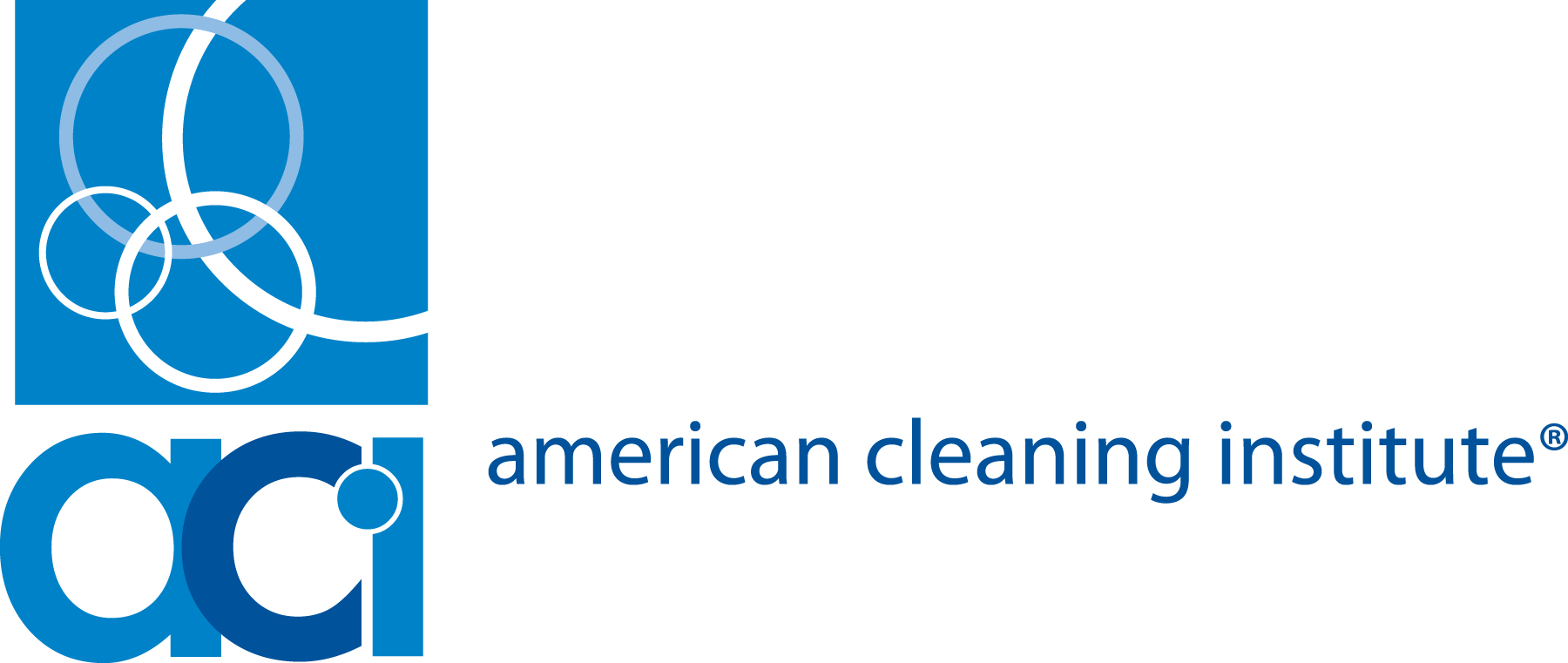American Cleaning Institute Responds to New Study Addressing Accidental Exposures to Liquid Laundry Packets
Newswise — Washington, D.C. – June 3, 2019 – The American Cleaning Institute (ACI) issued the following response to a new study – published in the journal Pediatrics – that examined calls to poison control centers related to accidental exposures to liquid laundry packets:
“The consensus safety standard designed to help reduce accidental exposures to liquid laundry packets among children under six years old is working.
“As the number of people who are using liquid laundry packets has significantly increased, accidents are disproportionately decreasing. The data show an overall 53 percent decrease in accident rates among children under 6 years old and an 86 percent decrease in major accidents among children under 6 years old.*
“The absolute number of calls – or in terminology used by the American Association of Poison Control Centers, ‘accidental exposures’ – to poison control centers have been on a continuous decline since the industry wide adoption of the 2015 ASTM standard on liquid laundry packets.
“The American Cleaning Institute and other organizations continually remind parents and caregivers to keep liquid laundry packets up and out of the reach of children and other individuals who should not have access these products, such as those suffering from Alzheimer’s or dementia.
“ACI’s Packets Up campaign (www.PacketsUp.org) showcases important laundry safety reminders for parents and caregivers throughout the year and signifies the unwavering commitment by manufacturers of liquid laundry packets to help consumers create healthy and effective laundry habits, while ensuring a safe home environment for their families.
“ACI and our detergent manufacturer members look forward to continuing the collaborative process to keep children safe and we are proud of the continued progress made in reducing exposures.”
Key Information for Senior Caregivers: If you are caring for an individual who shows the signs or symptoms of Alzheimer’s disease and other forms of dementia, all cleaning products, including laundry detergents, should be stored in a locked cabinet or a closet. For more information, please view ACI’s safety tips for caregivers: www.cleaninginstitute.org/caregiver-tips/.
BACKGROUND
A safety standard was developed by a multi-stakeholder group working through the standards-setting body ASTM International. The group dictated a set of package and product design interventions and labeling changes, which manufacturers have implemented, to reduce unintended exposures and keep children safe. These include:
- Label features such as safety icons and warning information
- Package features like zips that require greater than a child’s dexterity to open or caps that necessitate force greater than a child is capable of generating to open
- Packet features that include delayed dissolution and bitter-tasting film
###
* Source: Rocky Mountain Poison & Drug Center. Evaluation of Liquid Laundry Detergent Packet Exposures Reported to the National Poison Data System (NPDS) Before and After the Implementation of American Society for Testing and Materials (ASTM) Safety Standards. July 24, 2018.
About The American Cleaning Institute® - (ACI – www.cleaninginstitute.org) is the Home of the U.S. Cleaning Products Industry® and represents the $60 billion U.S. cleaning product supply chain. ACI members include the manufacturers and formulators of soaps, detergents, and general cleaning products used in household, commercial, industrial and institutional settings; companies that supply ingredients and finished packaging for these products; and chemical distributors. ACI serves the growth and innovation of the U.S. cleaning products industry by advancing the health and quality of life of people and protecting our planet. ACI achieves this through a continuous commitment to sound science and being a credible voice for the cleaning products industry.
